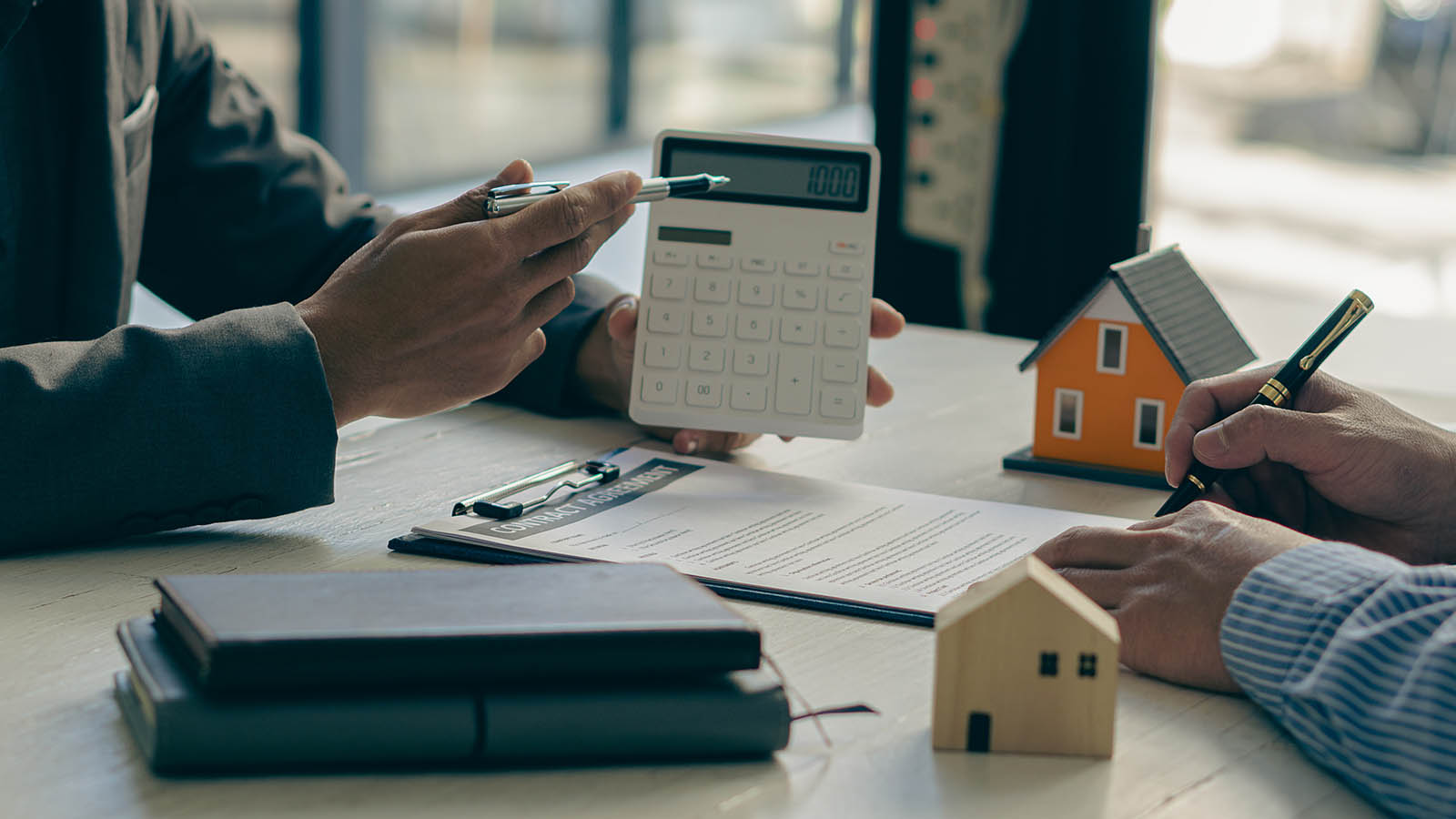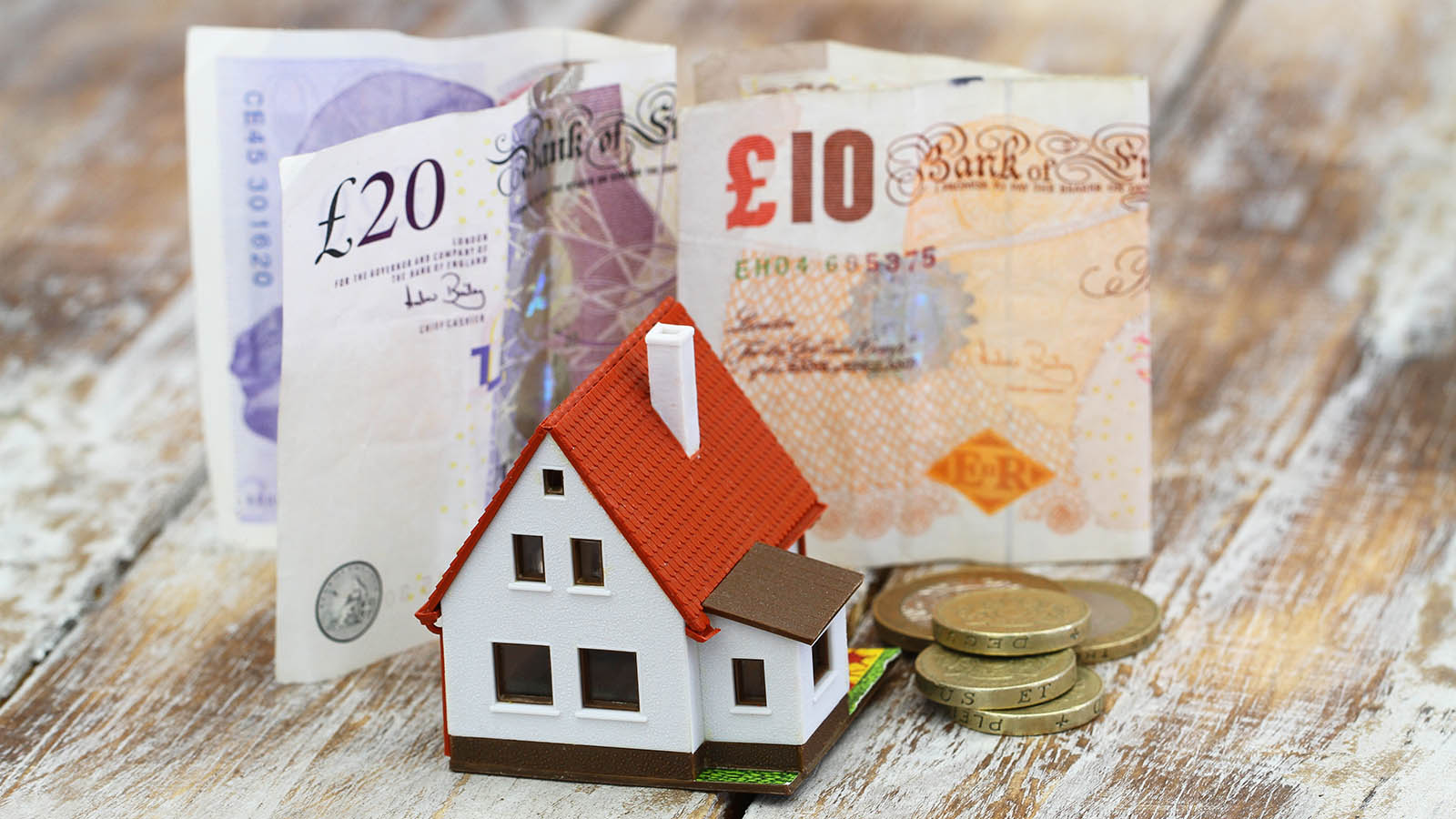This blog post has been written by the affordability experts at Tembo. Tembo specialises in helping buyers and homeowners boost their mortgage affordability, so they can buy sooner or access lower rates. In fact, on average their customers increase their budgets by £82,000! To see what you could afford with Tembo’s help, head over to tembomoney.com.
If you’ve applied for a mortgage or are starting to think about getting on the ladder, you might have heard the phrase “mortgage affordability” passed around. But what actually is it?
Keep reading to find out what mortgage affordability is, and how you can improve yours.
What does mortgage affordability mean?
Mortgage affordability means you can comfortably afford your monthly repayments, alongside any other financial commitments you have like other debts, household bills, childcare and other living costs.
Affordability tests are used by lenders to determine how much you can comfortably afford to borrow for a mortgage once you take away your current expenses. This is an important step in the mortgage process for two reasons.
One, if banks were to lend you a larger mortgage and you couldn’t keep up with your repayments, this would be recorded on your credit report for six years, negatively impacting your credit score.
This would impact your ability to borrow money in the future, whether it’s for a new mortgage deal, personal loan or even a phone contract. If you cannot keep up with your repayments, your home could also be repossessed by your lender and sold to repay your debt.
Two, affordability tests also determine if you could still afford your mortgage repayments if mortgage rates increase. This is a crucial part of an affordability assessment, as it helps to prevent lots of borrowers being unable to pay their mortgage in times when interest rates rise drastically, like at the moment.
 How do lenders work out mortgage affordability?
How do lenders work out mortgage affordability?
To determine your mortgage affordability, and therefore how much to lend to you, mortgage providers conduct a number of different checks:
1. Income multiples
To work out the maximum loan amount you could be offered, a mortgage lender will use income multiples. Typically, they will use an income multiple of 4-4.5 to work out your max borrowing.
For example, if you and your partner collectively earned £50,000, with a standard mortgage this would mean you could get a mortgage for between £200,000 and £225,000. However, the amount you are offered could be less than this, for example if you have a poor credit score or a lot of your income is from overtime or bonuses.
If you need a bigger mortgage, there are ways you can get access to a higher income multiple. Some lenders will let you borrow up to 5.5 or even 6.5 times your income through specialist mortgage schemes like a 5.5x Income Mortgage, Professional or Key Worker mortgage. However, to qualify for these schemes you have to work in a particular profession, or earn over a certain amount.
You can also get a bigger mortgage through family help. By adding a loved one to your mortgage as a guarantor through an Income Boost (also known as a Joint Borrower Sole Proprietor mortgage), part of or all of their income will be added to yours. With a larger household income, you can increase the amount you can borrow.
Plus, as a guarantor they are not a co-owner and won’t be named on the property deeds. However, if you cannot make your monthly repayments, they will be required to step in.
2. Income and outgoings assessment
Once a lender has worked out your maximum borrowing potential, they’ll look at your monthly income and outgoings to work out if you could afford the monthly costs. To do this, they’ll need to see your bank and credit card statements as well as other documents – so get these ready!
They’ll look at your monthly earnings after tax, and your outgoings like regular bills including rent, energy and water costs, and other financial commitments like childcare, phone contracts, gym memberships and Netflix subscriptions. They’ll also look at how much you spend on groceries, socialising, hobbies and holidays.
It’s worth noting that not all income is considered. Lenders sometimes don’t take into consideration earnings from overtime, bonuses or commissions because these income sources aren’t guaranteed and can change. If you’re self-employed, you may also need to supply more evidence over a longer period of time to prove your income.
Working with a broker who specialises in affordability can help you ensure you have everything in place before applying to a lender. They can also help you identify areas which need improving before you apply for a mortgage to increase your chance of being approved – such as outstanding credit issues.
3. Stress testing
Next, a lender will test to see if you could afford your mortgage costs if interest rates rose by a certain amount – typically 3%. After your income and outgoing assessment, you must have some room left so if your mortgage repayments became more expensive, you could still afford to make them.
While 3% sounds like a lot, interest rates can rise and fall in volatile times, like we’re seeing at the moment. Conducting a stress test helps to ensure you can afford your mortgage even when mortgage rates go up, so you can stay in the home you love.
4. Debt to Income
Finally, the last puzzle piece of your affordability assessment is to achieve a low Debt to Income ratio (DTI). This is the total monthly debt you have, divided by your salary before tax, then multiplied by 100.
It’s used as a rough gauge to see how much debt you have in comparison to your earnings. Most lenders need you to have a DTI of 30% or less; having a DTI of 40% or more could see you offered a lower mortgage loan, and you may have a limited choice of lenders to choose from.
 How to improve your affordability
How to improve your affordability
There are ways to improve your affordability, these include:
- Improve your credit score. Your credit score indicates to lenders how proficient you are with handling debt. As a mortgage loan is likely to be the biggest loan you’ll take out in your life, lenders need to determine your creditworthiness. If you have a low credit score, taking steps to improve it can help increase your mortgage affordability.
- Cut down expenses. Mortgage lenders tend to look at your last 3 months’ worth of bank statements when assessing your outgoings (sometimes more if you’re self-employed). It’s a good idea to try to cut back on spending the months leading up to applying for a mortgage so your outgoings are less, and paying off any outstanding debts to cut down your credit commitments.
- Put down as big a deposit as possible. With a larger deposit, you’ll need to borrow less for a mortgage and can access lower interest rates. This will make your monthly repayments more affordable, helping you pass a lender’s stress test. If you are struggling to save for a house, there are ways to boost your deposit with family help through a Deposit Boost or Deposit Loan. If a loved one has cash savings, they can also act as your guarantor through a Savings as Security mortgage, providing 10% of the property value in lieu of a deposit.
- Add a guarantor to your mortgage. Through an Income Boost, a loved one can be added to your mortgage as a guarantor. Their income will be counted alongside yours to work out how much you can borrow. Because your application will be based on more than one income source your affordability will be increased, helping you borrow more for a mortgage. Plus, if you can afford the mortgage by yourself later down the line, you can take your guarantor off once you remortgage.
Need help boosting your mortgage affordability? Tembo’s award-winning team of mortgage advisors are specialists when it comes to boosting affordability. They’ve already helped thousands discover how they could afford their dream home. Discover your true buying budget at tembomoney.com.
YOUR HOME MAY BE REPOSSESSED IF YOU DO NOT KEEP UP PAYMENTS ON YOUR MORTGAGE.